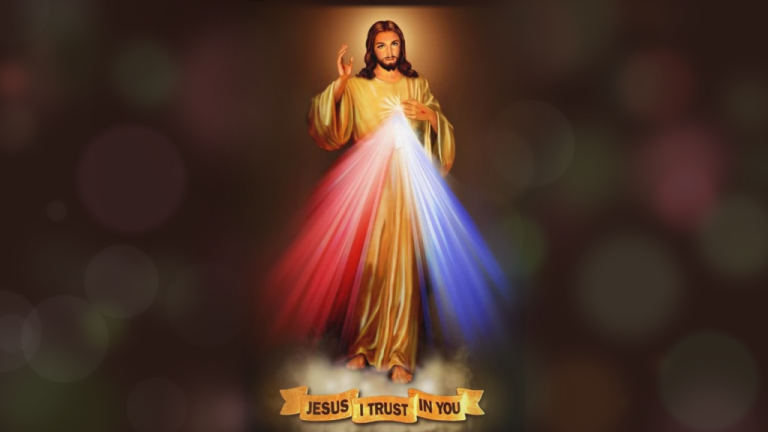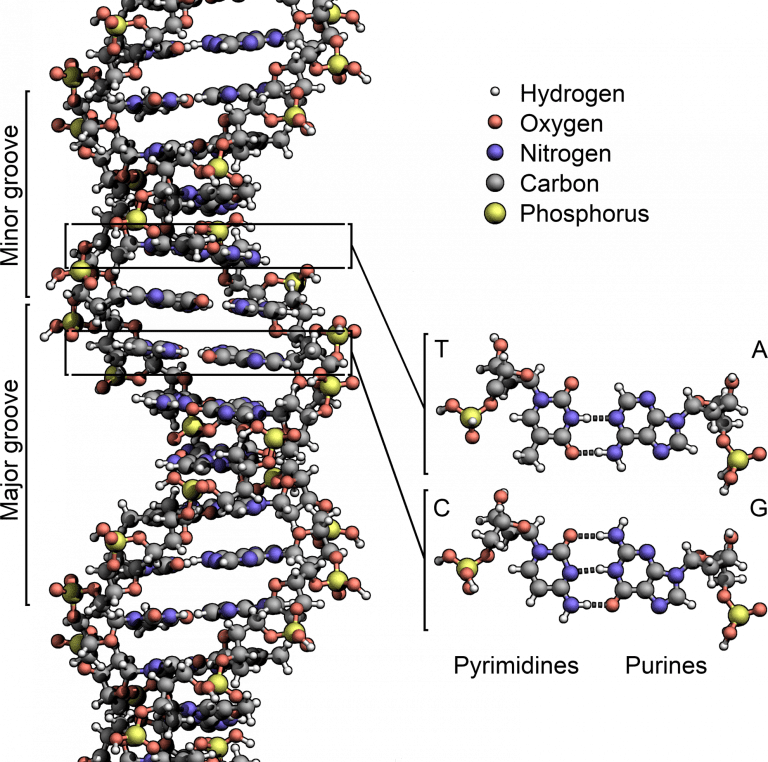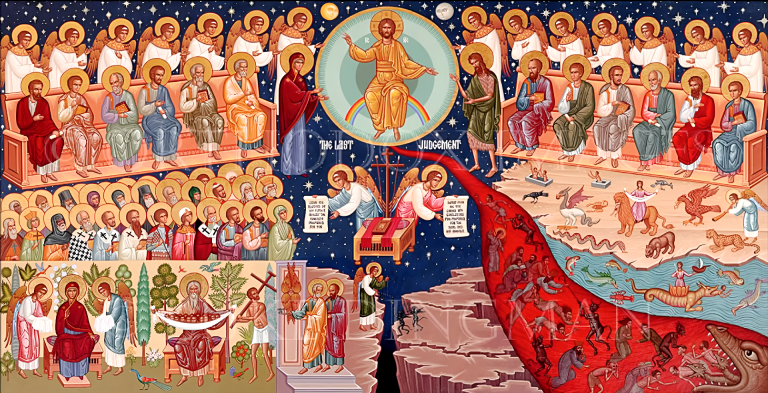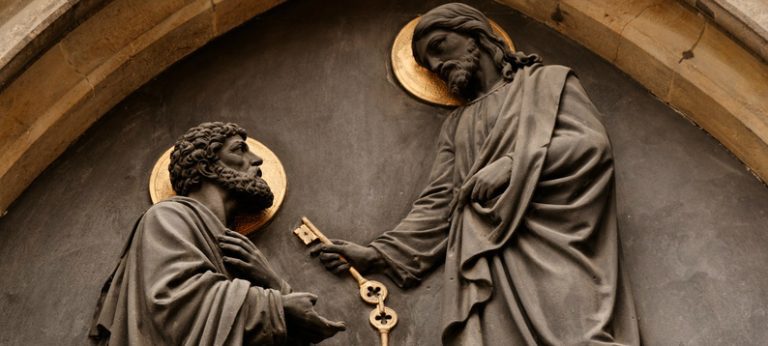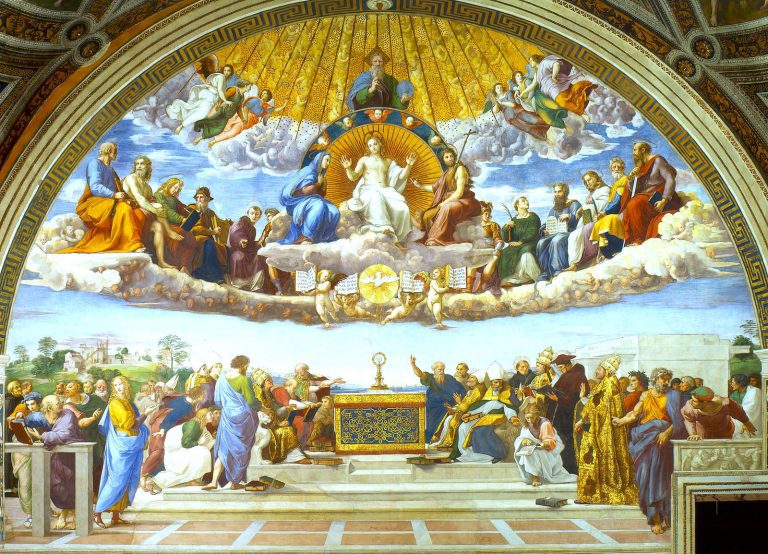
We may sum up Protestantism in three words: “I want some!” Martin Luther helped Philip of Hesse give into lustful desires. “I want to keep my old wife and marry my young mistress. When it comes to sex with young girls, “I want some!” Luther, his hired-gun theologian, obediently decreed “You may have two wives. Just keep quiet about it.”
About that time, powerful Englishmen realized: “The Catholic Church owns a third of England. Catholics have no cannons! If we adopt some of Luther’s theologies, we can use the power of the state to steal Church land and money! I want some!”
The King understood, and gave them want they wanted. When it came to new wives, Henry VIII perfectly personified Protestantism, calling continually “I want some!”
When the Pilgrims settled in New England, military veterans among them realized: “We have guns. Indians don’t have guns but they do have land. I want some!”
Today, every mega-church is controlled by a successful Protestant who turned “I want some!” into their own denomination. When it comes to vast estates, beachfront mission fields, private jets, tailored suits, jewels, antiques, paintings, furs, luxury automobiles, their consistent cry, Protestantism in three words: “I want some!”, echoes endlessly.
The holy saints of God, on the other hand, take vows of obedience. Catholic priests, brothers, and sisters promise to live celibate lives, as Jesus did.
Catholic clergy are rarely ostentatious. They are called to live modestly. Many take vows of poverty. The most famous Catholic Saints are the ones who sacrifice the most.
A great mystery: Why don’t Protestants expect their clergy to similarly seek self-denial? Why do many Protestants support some incredibly wealthy ministers with even more?
Some manifestations of Protestantism actually praise Pride, Envy, Greed, Gluttony, Anger, Lust, and Sloth. Protestantism redefines God in human terms so sinners may justify, even sanctify, their desires.



